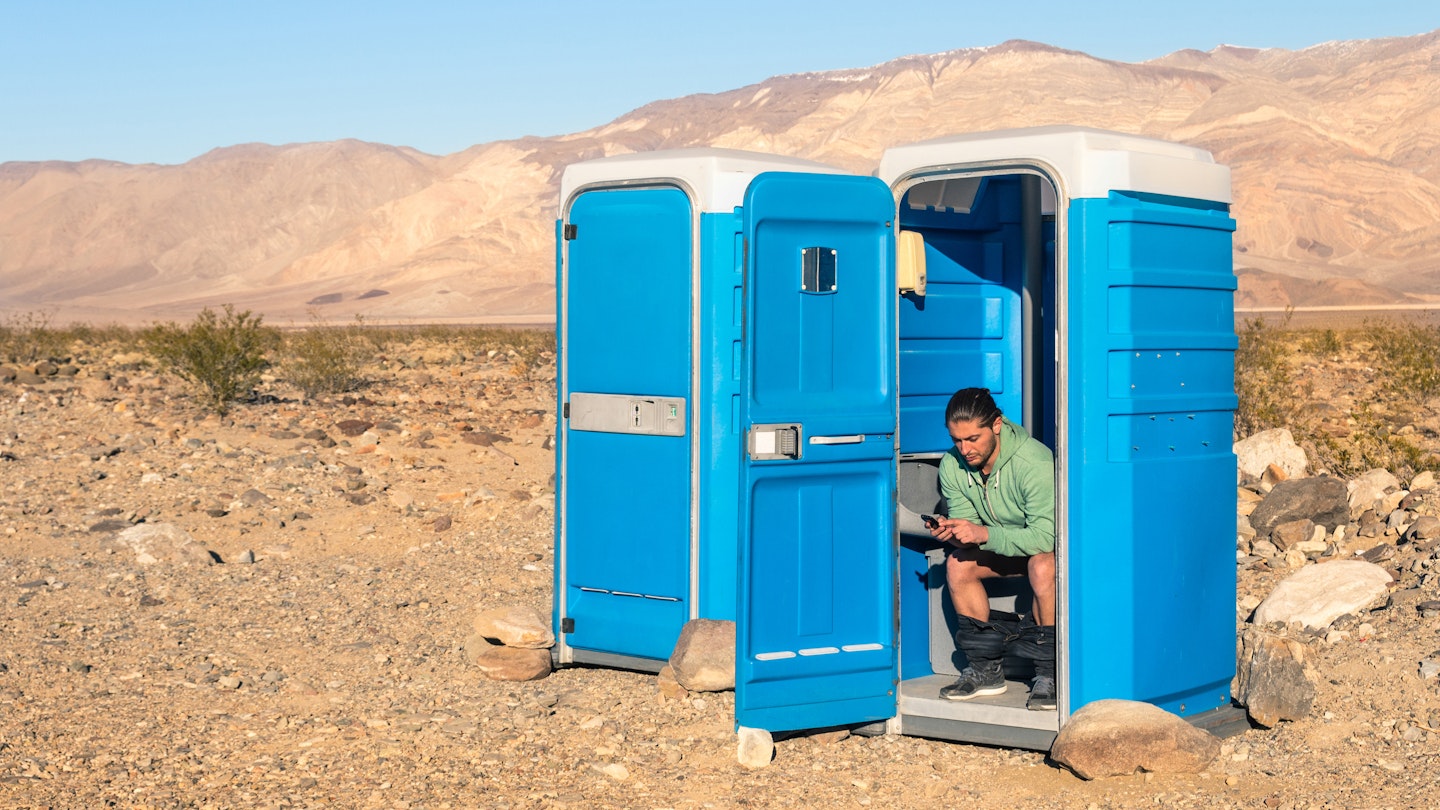Managing Diarrhoea While Traveling
While it’s not guaranteed that you will experience diarrhoea during your travels, it is a common occurrence in many destinations. Digestive issues rank among the most prevalent travel-related illnesses, impacting approximately 30-50% of travelers in tropical regions. Therefore, being prepared is essential.
What Causes Diarrhoea?
Your susceptibility to digestive issues largely depends on the likelihood of food and drink contamination. Notably, about one-third of cases arise from non-specific triggers such as stress, jet lag, and dietary changes. If you’re eating at small stalls and restaurants, the risk of encountering unclean food is greater, especially during extended trips.
Fact vs. Fiction
The topic of diarrhoea frequently comes up in travel discussions, often blending fact with myth. Here are a few key points to remember:
- Traveler’s diarrhoea is typically a mild, short-term illness lasting about three to five days.
- Rehydrating to replace lost fluids and salts is vital for managing any type of watery diarrhoea.
- Medical advice or antibiotics are not usually required for mild to moderate cases.
- Consult a healthcare professional when antibiotics are necessary.
Avoiding Diarrhoea
While discussing diarrhoea can be enlightening, avoiding it in the first place is obviously preferable. Unsanitary food preparation and contaminated water are frequent culprits. Essentially, you risk diarrhoea when consuming food contaminated by human waste. Factors such as poorly washed cooking hands and flies exacerbating the issue highlight the necessity for caution.
Direct contact with infected individuals or contaminated water can also lead to illness. Some pathogens, such as Giardia, can endure even in chlorinated environments, making it vital to drink pure water only.
Types of Diarrhoea
There are several diarrhoeal illnesses caused by different microorganisms, each requiring specific treatment approaches. Key symptoms to monitor include:
- High fever
- Presence of blood in stool
- Frequency and severity of diarrhoea
Watery Diarrhoea
This is the most common type of diarrhoea for travelers, often caused by bacterial strains such as Escherichia coli. Symptoms usually start a few days after arrival, resulting in many loose stool episodes daily. Although discomfort is common, serious illness is rare. Most cases resolve within a few days, so focus on rehydrating immediately.
Bloody Diarrhoea (Dysentery)
Dysentery involves stool with blood, typically requiring medical intervention. Most affected individuals experience flu-like symptoms initially, followed by severe stomach cramps and changes in stool characteristics. If you suspect dysentery, seek medical help promptly.
Vomiting & Diarrhoea
If acute nausea and vomiting follow your meal, it is likely food poisoning. This situation is more common when consuming food from unregulated sources. Seek medical care if symptoms persist, especially if combined with severe abdominal pain or high fever.
How to Deal with Diarrhoea
If diarrhoea strikes, don’t rush for medications immediately. Implement these basic measures:
- Prioritize rest to let your body recover.
- Stay hydrated by drinking plenty of fluids.
- Monitor your temperature and digestive output for abnormalities.
- Maintain proper hygiene, as diarrhoea is contagious.
What to Drink When You Have Diarrhoea
Replace lost fluids and salts effectively. Oral rehydration salts (ORS) are widely accessible and should be your go-to for replenishing loses. Homemade solutions using sugar and salt can suffice if ORS is unavailable. Avoid alcohol, caffeine, and dairy, as they may aggravate your condition.
Antidiarrhoeal Remedies
While medications like loperamide can alleviate symptoms, it’s generally better to allow mild diarrhoea to resolve naturally. However, they may be necessary for travel or significant engagements. Always heed the recommended dosages.
Antibiotics
In some cases, such as persistent symptoms, antibiotics may be warranted. Consult medical professionals for the most suitable treatment and potential testing to identify your illness’s source. It’s worth noting that most cases self-resolve in several days without antibiotics.
Safe travels and may you journey free from digestive troubles!




